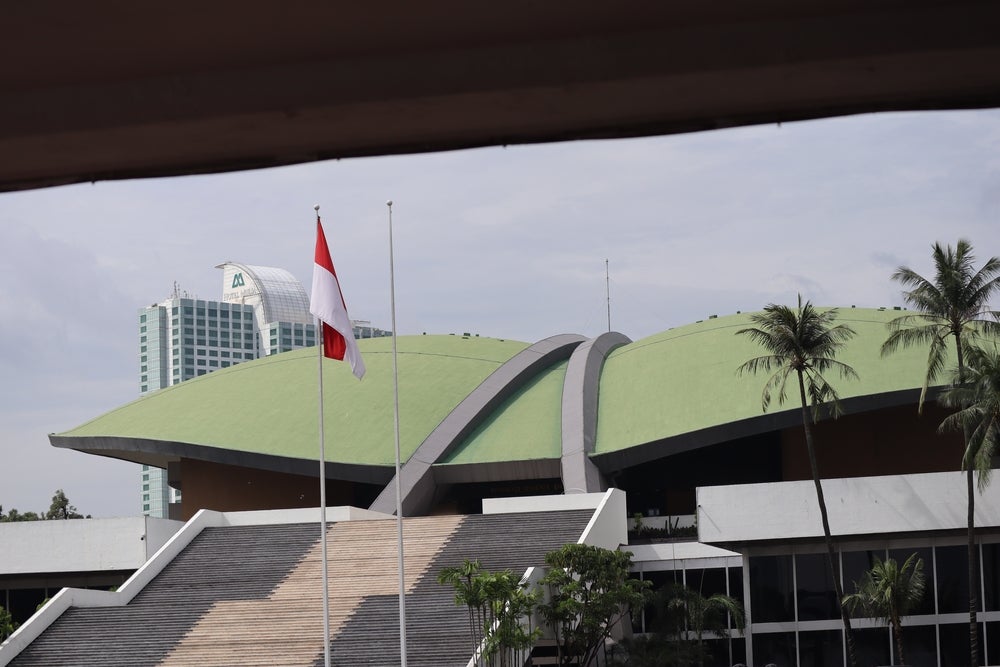
The Indonesian government has announced new guidance encouraging oil and gas companies to install carbon capture, utilisation and storage (CCUS) facilities in their workplaces.
The new regulations announced last Friday encourage the development of carbon capture but do not make it mandatory.
Carbon credits will be used to monetise the activity, and provide a financial incentive for companies to invest in CCUS processes. Minister for energy and mineral resources Arifin Tasrif said that the measures focus on technical, business, legal and economic aspects.
The measures form part of the government strategy which seeks to reduce emissions in the country, while boosting domestic oil and gas output.
The Indonesian government has called for detailed proposals from oil and gas companies on how they will implement carbon capture technologies. Carbon injected into reservoirs can come from the oil and gas industry or other industries, so the government may be hoping to build towards a cross-industry CCUS initiative.
The energy ministry said “Indonesia has geological formations that can be used to store carbon emissions permanently through the use of technology”.

US Tariffs are shifting - will you react or anticipate?
Don’t let policy changes catch you off guard. Stay proactive with real-time data and expert analysis.
By GlobalDataIndonesia is one of the world’s largest CO₂ emitters relative to its size, accounting for 1.4% of global emissions. The Indonesian government has announced plans to achieve net-zero emissions by the year 2060, and Tasrif has described carbon capture as “crucial for the government’s decarbonisation agenda”.
Current carbon capture projects in Indonesia
So far, the government has approved of a CCUS facility at BP’s Tangguh LNG project in West Papua province. Japanese oil company Inpex is also expected to submit a revised plan for the development of the Abadi LNG project, which will incorporate CCUS.
State-owned oil company Pertamina and Chevron have signed a joint study agreement to examine the implementation of CCUS in Indonesia. The agreement was signed on 6 March at CERAWeek, and could be an important collaboration in the sector.
The company has signed a number of agreements with partners to explore CCUS projects, including ExxonMobil and Mitsui, and Pertamina conducted underground carbon injection tests last year.
Carbon capture has been proven to stop around 90% of carbon from entering the atmosphere. Out of 196 CCUS projects globally, 30 are operating, 11 are under construction and 153 are at an earlier stage of development.
The UN’s International Panel on Climate Change supported the use of CCUS, where necessary, to achieve net zero in their sixth assessment report. Research efforts continue to develop technology which can absorb 100% of carbon.



